KOREANS TO BE TESTED FOR COVID-19 ANTIBODIES
입력 2020.05.22 (15:18)
수정 2020.05.22 (16:46)
읽어주기 기능은 크롬기반의
브라우저에서만 사용하실 수 있습니다.
[Anchor Lead]
Koreans will be tested for COVID-19 antibodies, starting at the end of this month. The testing will be conducted on 1,500 residents in Daegu and Gyeongsan first and the findings will be incorporated into future disease prevention measures.
[Pkg]
COVID-19 antibody tests will be conducted first on 1,500 residents of Daegu and Gyeongsan, two areas hit hardest by the disease. Five hundred survivors of COVID-19 and 1,000 people who have never been infected will be divided into different age groups before testing. Once antibodies are detected, additional tests will be carried out to determine how many neutralizing or virus-killing antibodies there are. 7,000 people outside of Daegu and Gyeongsan areas will be tested through the National Health and Nutrition Examination Survey by the end of this year. The antibody tests are aimed at finding hidden infections. Given the characteristic of COVID-19, there are very likely to be numerous asymptomatic or mildly symptomatic patients who recovered unknowingly.
[Soundbite] DR. LEE KYEONG-SOO(YEUNGNAM UNIV. MEDICAL CENTER) : "A high number of patients means a high number of contacts. So, theoretically, it also means a high number of asymptomatic cases and natural recoveries."
Antibody tests conducted in the United States and other countries showed 10 to 20% antibody response rate. In general, an antibody response rate of 60% indicates that a population gained herd immunity. However, herd immunity is unlikely since Korea has an overwhelmingly high diagnosis rate.
[Soundbite] KWON JUN-WOOK(DEPUTY DIRECTOR, KOREA CENTERS FOR DISEASE CONTROL AND PREVENTION) : "I remember it was 20% at the high end and generally in the 10% range. I don’t believe Korea’s antibody rate will be that high."
Authorities plan to adjust Korea’s disease prevention measures based on the findings from Daegu and Gyeongsan that may come as early as August. Nonetheless, antibody test results wouldn’t drastically change the current disease prevention measures as keeping good personal hygiene is the most effective way to protect ourselves until a vaccine or treatment is developed.
Koreans will be tested for COVID-19 antibodies, starting at the end of this month. The testing will be conducted on 1,500 residents in Daegu and Gyeongsan first and the findings will be incorporated into future disease prevention measures.
[Pkg]
COVID-19 antibody tests will be conducted first on 1,500 residents of Daegu and Gyeongsan, two areas hit hardest by the disease. Five hundred survivors of COVID-19 and 1,000 people who have never been infected will be divided into different age groups before testing. Once antibodies are detected, additional tests will be carried out to determine how many neutralizing or virus-killing antibodies there are. 7,000 people outside of Daegu and Gyeongsan areas will be tested through the National Health and Nutrition Examination Survey by the end of this year. The antibody tests are aimed at finding hidden infections. Given the characteristic of COVID-19, there are very likely to be numerous asymptomatic or mildly symptomatic patients who recovered unknowingly.
[Soundbite] DR. LEE KYEONG-SOO(YEUNGNAM UNIV. MEDICAL CENTER) : "A high number of patients means a high number of contacts. So, theoretically, it also means a high number of asymptomatic cases and natural recoveries."
Antibody tests conducted in the United States and other countries showed 10 to 20% antibody response rate. In general, an antibody response rate of 60% indicates that a population gained herd immunity. However, herd immunity is unlikely since Korea has an overwhelmingly high diagnosis rate.
[Soundbite] KWON JUN-WOOK(DEPUTY DIRECTOR, KOREA CENTERS FOR DISEASE CONTROL AND PREVENTION) : "I remember it was 20% at the high end and generally in the 10% range. I don’t believe Korea’s antibody rate will be that high."
Authorities plan to adjust Korea’s disease prevention measures based on the findings from Daegu and Gyeongsan that may come as early as August. Nonetheless, antibody test results wouldn’t drastically change the current disease prevention measures as keeping good personal hygiene is the most effective way to protect ourselves until a vaccine or treatment is developed.
■ 제보하기
▷ 카카오톡 : 'KBS제보' 검색, 채널 추가
▷ 전화 : 02-781-1234, 4444
▷ 이메일 : kbs1234@kbs.co.kr
▷ 유튜브, 네이버, 카카오에서도 KBS뉴스를 구독해주세요!
- KOREANS TO BE TESTED FOR COVID-19 ANTIBODIES
-
- 입력 2020-05-22 15:18:45
- 수정2020-05-22 16:46:47
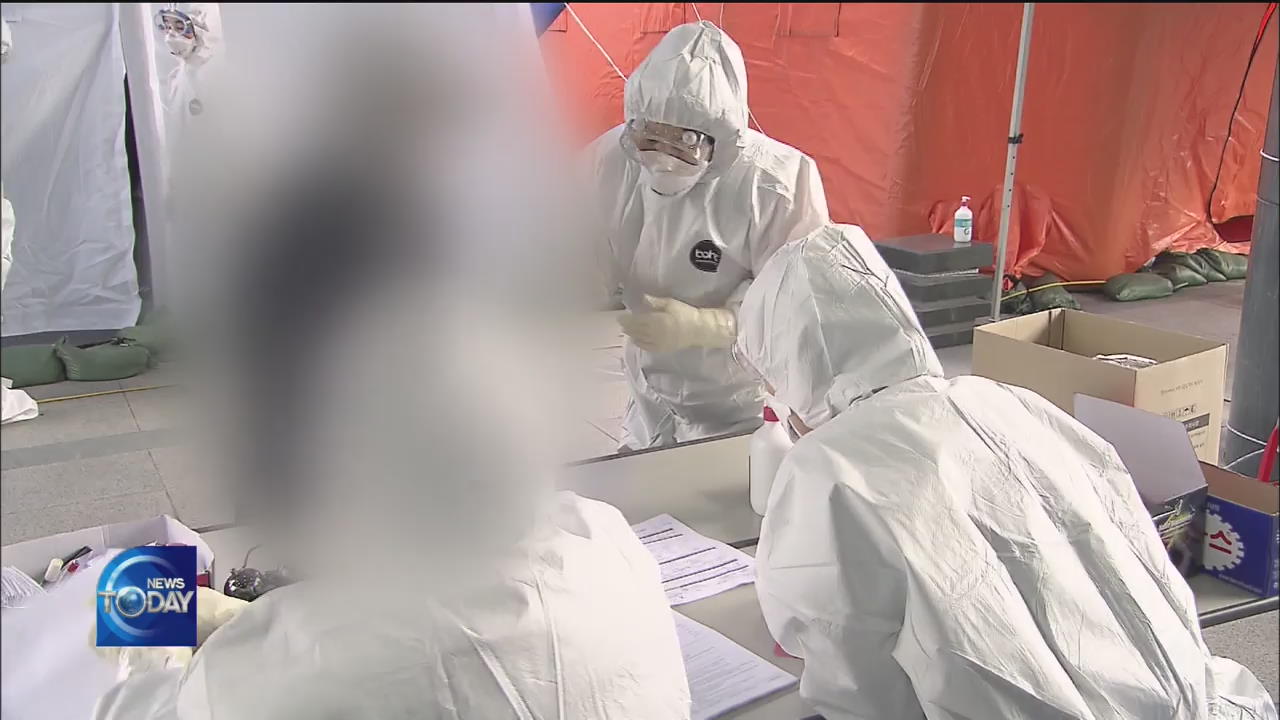
[Anchor Lead]
Koreans will be tested for COVID-19 antibodies, starting at the end of this month. The testing will be conducted on 1,500 residents in Daegu and Gyeongsan first and the findings will be incorporated into future disease prevention measures.
[Pkg]
COVID-19 antibody tests will be conducted first on 1,500 residents of Daegu and Gyeongsan, two areas hit hardest by the disease. Five hundred survivors of COVID-19 and 1,000 people who have never been infected will be divided into different age groups before testing. Once antibodies are detected, additional tests will be carried out to determine how many neutralizing or virus-killing antibodies there are. 7,000 people outside of Daegu and Gyeongsan areas will be tested through the National Health and Nutrition Examination Survey by the end of this year. The antibody tests are aimed at finding hidden infections. Given the characteristic of COVID-19, there are very likely to be numerous asymptomatic or mildly symptomatic patients who recovered unknowingly.
[Soundbite] DR. LEE KYEONG-SOO(YEUNGNAM UNIV. MEDICAL CENTER) : "A high number of patients means a high number of contacts. So, theoretically, it also means a high number of asymptomatic cases and natural recoveries."
Antibody tests conducted in the United States and other countries showed 10 to 20% antibody response rate. In general, an antibody response rate of 60% indicates that a population gained herd immunity. However, herd immunity is unlikely since Korea has an overwhelmingly high diagnosis rate.
[Soundbite] KWON JUN-WOOK(DEPUTY DIRECTOR, KOREA CENTERS FOR DISEASE CONTROL AND PREVENTION) : "I remember it was 20% at the high end and generally in the 10% range. I don’t believe Korea’s antibody rate will be that high."
Authorities plan to adjust Korea’s disease prevention measures based on the findings from Daegu and Gyeongsan that may come as early as August. Nonetheless, antibody test results wouldn’t drastically change the current disease prevention measures as keeping good personal hygiene is the most effective way to protect ourselves until a vaccine or treatment is developed.
Koreans will be tested for COVID-19 antibodies, starting at the end of this month. The testing will be conducted on 1,500 residents in Daegu and Gyeongsan first and the findings will be incorporated into future disease prevention measures.
[Pkg]
COVID-19 antibody tests will be conducted first on 1,500 residents of Daegu and Gyeongsan, two areas hit hardest by the disease. Five hundred survivors of COVID-19 and 1,000 people who have never been infected will be divided into different age groups before testing. Once antibodies are detected, additional tests will be carried out to determine how many neutralizing or virus-killing antibodies there are. 7,000 people outside of Daegu and Gyeongsan areas will be tested through the National Health and Nutrition Examination Survey by the end of this year. The antibody tests are aimed at finding hidden infections. Given the characteristic of COVID-19, there are very likely to be numerous asymptomatic or mildly symptomatic patients who recovered unknowingly.
[Soundbite] DR. LEE KYEONG-SOO(YEUNGNAM UNIV. MEDICAL CENTER) : "A high number of patients means a high number of contacts. So, theoretically, it also means a high number of asymptomatic cases and natural recoveries."
Antibody tests conducted in the United States and other countries showed 10 to 20% antibody response rate. In general, an antibody response rate of 60% indicates that a population gained herd immunity. However, herd immunity is unlikely since Korea has an overwhelmingly high diagnosis rate.
[Soundbite] KWON JUN-WOOK(DEPUTY DIRECTOR, KOREA CENTERS FOR DISEASE CONTROL AND PREVENTION) : "I remember it was 20% at the high end and generally in the 10% range. I don’t believe Korea’s antibody rate will be that high."
Authorities plan to adjust Korea’s disease prevention measures based on the findings from Daegu and Gyeongsan that may come as early as August. Nonetheless, antibody test results wouldn’t drastically change the current disease prevention measures as keeping good personal hygiene is the most effective way to protect ourselves until a vaccine or treatment is developed.
이 기사가 좋으셨다면
-
좋아요
0
-
응원해요
0
-
후속 원해요
0










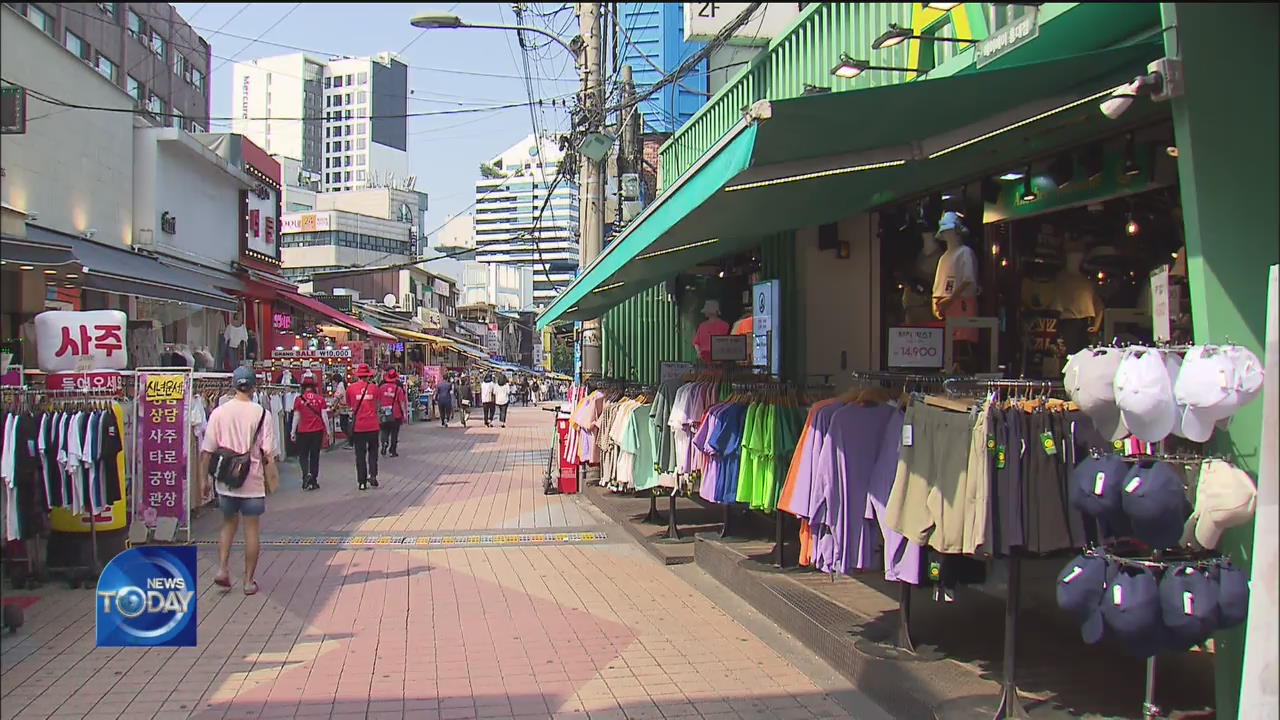
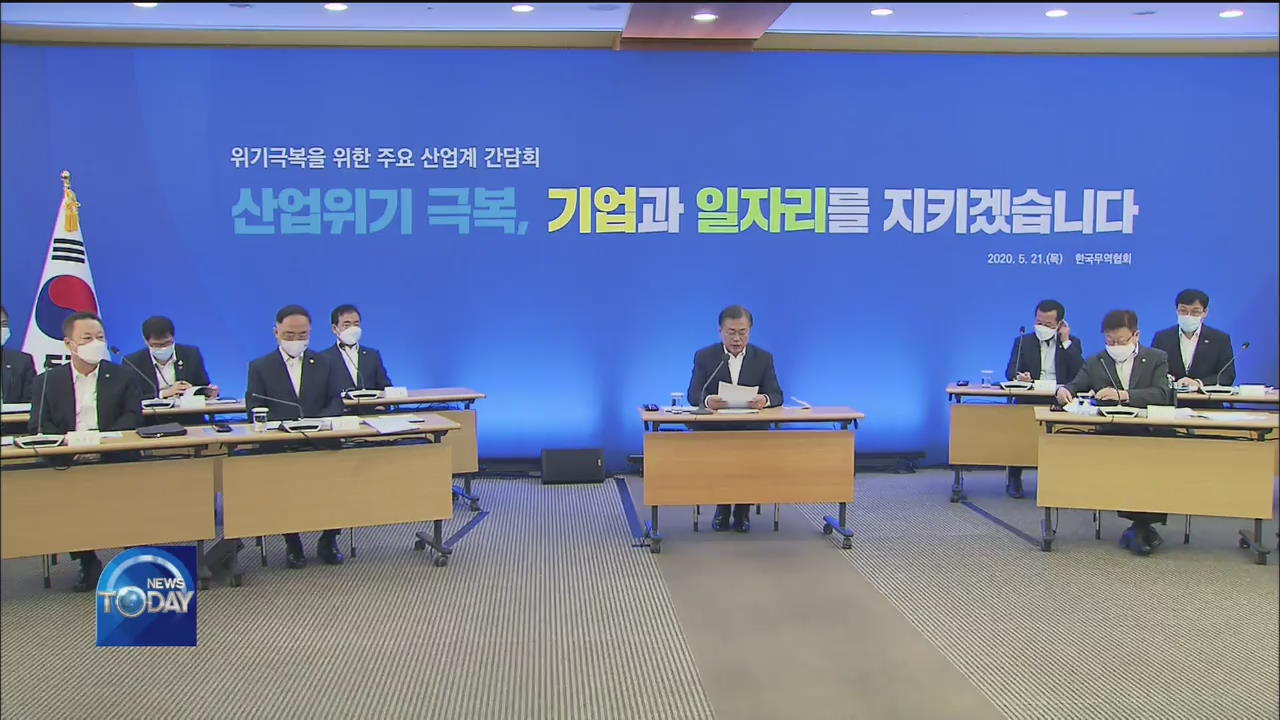
![[속보] 청주시, 오송읍 정중리 마을 주민 정중1리 마을 회관으로 대피령](/data/layer/904/2025/07/20250717_r9F49P.jpg)

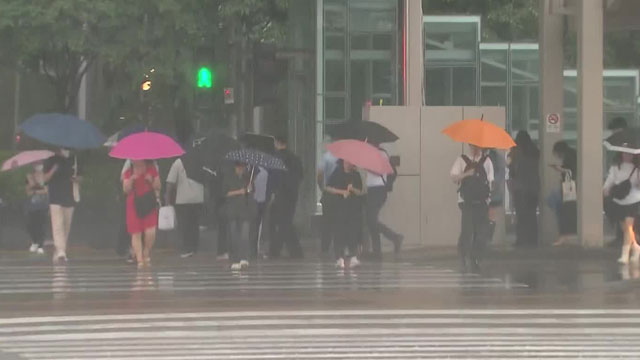
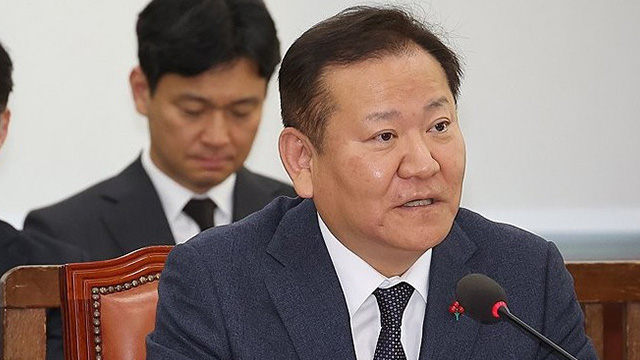

이 기사에 대한 의견을 남겨주세요.